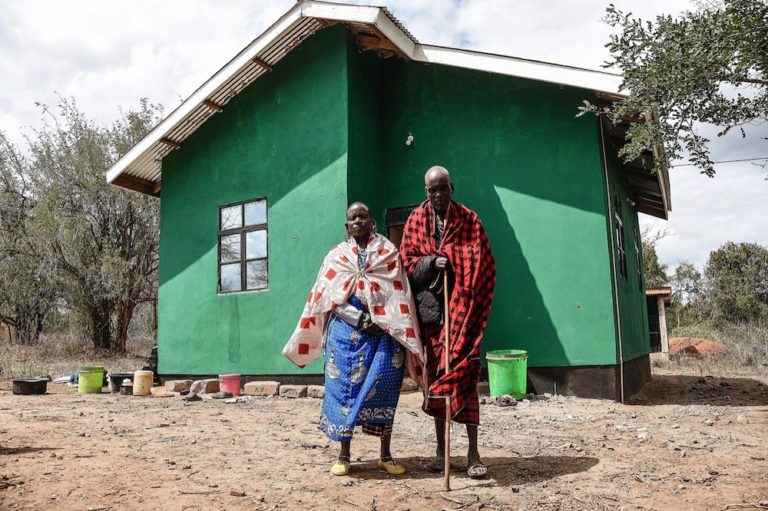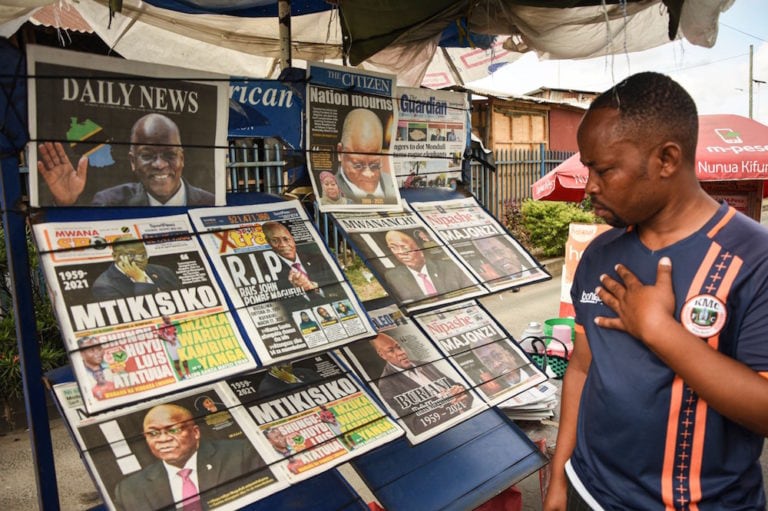**Updates IFEX alert of 16 November 1999** (MISA/IFEX) – On 29 November 1999, the High Court in Dar es Salaam ordered the release on bail of Reverend Christopher Mtikila and Ambokile Malele, who had both been held on charges of sedition in connection with cassettes containing allegedly defamatory statements about deceased former Tanzanian President Julius […]
**Updates IFEX alert of 16 November 1999**
(MISA/IFEX) – On 29 November 1999, the High Court in Dar es Salaam ordered the release on bail of Reverend Christopher Mtikila and Ambokile Malele, who had both been held on charges of sedition in connection with cassettes containing allegedly defamatory statements about deceased former Tanzanian President Julius Nyere.
The two were previously denied bail on the grounds that their lives would be in danger if they were released from police custody.
Their bail conditions prevent them from travelling outside the Dar es Salaam region. They also had to produce two sureties each of five million Tanzanian Shillings (about US$6,000), surrender their travel documents and report to the police three times a week.
Background Information
Police in Arusha arrested Malele on 4 November and confiscated sixteen cassettes. Malele reportedly was selling the cassettes on the street at the time of his arrest. On 9 November, Malele was transferred to Dar-es-Salaam after newspapers widely reported statements by Mtikila, a political activist, admitting that he had recorded and produced the cassettes and was therefore responsible for them. On 9 November, police in Dar-es-Salaam arrested Mtikila.
Among the charges the two are facing are publishing words with seditious intent, and publishing statements with the intention to bring into contempt or excite dissatisfaction against the lawful authorities of the United Republic or the government thereof.
Mtikila, who heads the unregistered Democratic Party, is well known for producing cassettes on which he records speeches and political statements that often include highly critical diatribes against opposition politicians. The tapes are normally distributed free of charge to journalists and members of parliament.


